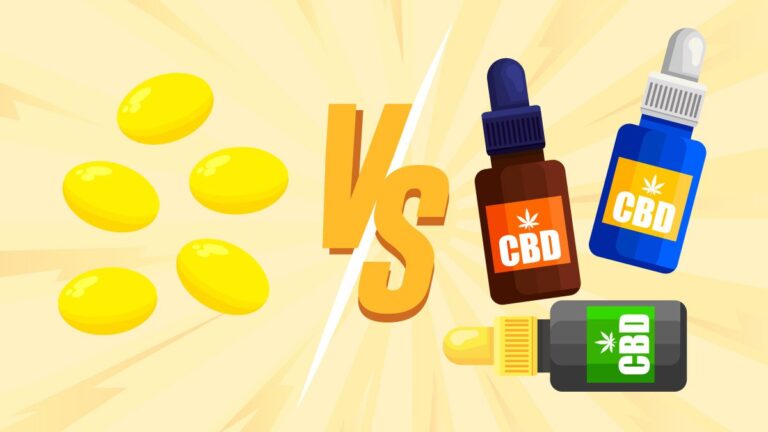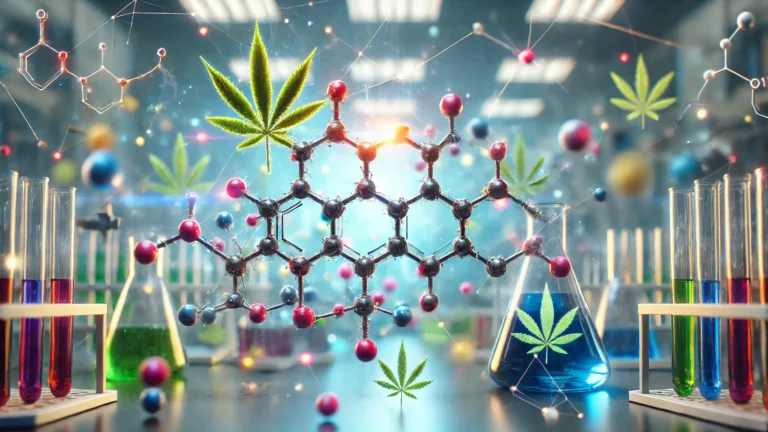
Does Weed Affect Brain Cells? Decoding the Myth for Weed and Brain Cells
For decades, the claim that smoking weed kills brain cells has been a staple of anti-drug campaigns, often used to deter people from using marijuana. But in 2025, with cannabis legalization expanding and research advancing, it’s time to ask: Does weed affect brain cells, or is this just an urban legend.
Questions like does cannabis cause brain damage, does smoking weed cause brain damage, and can cannabis cause brain damage are at the forefront of public curiosity. This article dives into the latest science to explore marijuana and the brain, focusing on THC effects on brain, short-term effects of marijuana, and whether the notion that cannabis kills brain cells holds up. Let’s uncover the truth and empower you to make informed decisions about cannabis use.
How Marijuana Interacts with the Brain
Marijuana, or cannabis, contains over 100 compounds called cannabinoids, with tetrahydrocannabinol (THC) being the primary psychoactive component. THC binds to cannabinoid receptors (CB1) in the brain, part of the endocannabinoid system, which regulates mood, memory, pain, and appetite. When THC activates these receptors, it alters brain activity, leading to the “high” associated with cannabis use. This interaction affects areas like the hippocampus (memory), prefrontal cortex (decision-making), and amygdala (emotions).
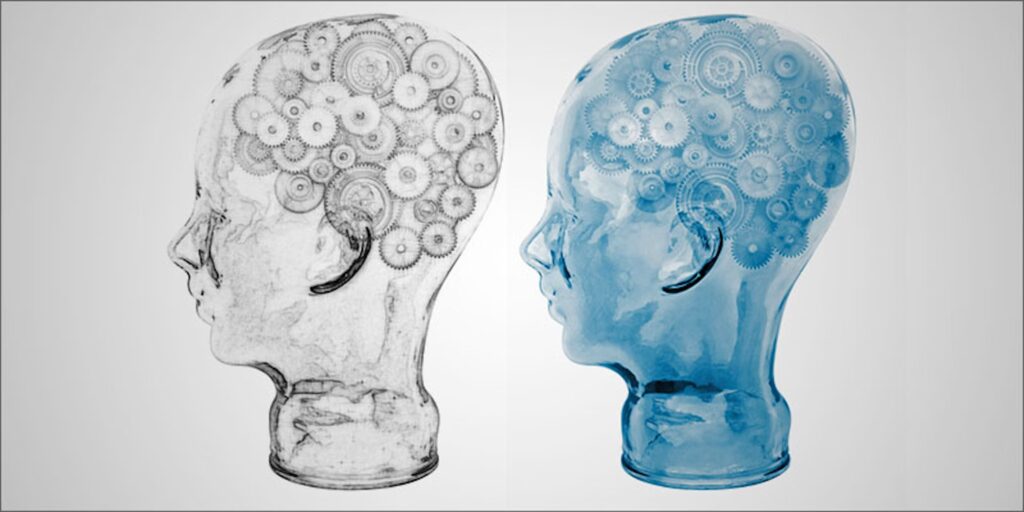
Unlike alcohol, which can directly cause neurotoxicity, marijuana’s effects are more about altering brain function than destroying cells. However, these changes can have significant implications, especially for developing brains, as noted by the CDC.
Short-Term Effects of Marijuana on the Brain
When you use marijuana, the short-term effects are immediate and typically last a few hours. These include:
| Effect | Description |
|---|---|
| Altered Perception | Changes in time and space perception, making things feel slower or distorted. |
| Impaired Memory | Difficulty remembering recent events or forming new memories. |
| Reduced Concentration | Trouble focusing on tasks or maintaining attention. |
| Coordination Issues | Impaired motor skills, affecting activities like driving. |
| Anxiety or Paranoia | Some users experience heightened anxiety or unease. |
These effects, outlined by the CDC, are temporary and subside as THC is metabolized. However, they can impair daily activities, especially tasks requiring focus or coordination, making it crucial to avoid activities like driving while under the influence.
Long-Term Effects: Does Weed Affect Brain Cells Damage?
The question of whether marijuana causes long-term brain damage is more complex and depends on factors like age, frequency of use, and THC potency. Here’s what current research reveals:
Adolescent Vulnerability
The brain continues developing until around age 25, making adolescents and young adults particularly susceptible to cannabis’s effects. According to the CDC, using cannabis before age 18 may disrupt the brain’s ability to form connections for attention, memory, and learning. These changes could be long-lasting or even permanent, though the full extent is still under study. For example, prenatal exposure to cannabis has been linked to attention, memory, and behavioral issues in children.

Cognitive Impacts
Chronic, heavy marijuana use is associated with cognitive deficits. A 2025 article from Addiction Center notes that prolonged use can impair brain cells’ ability to convey messages, potentially causing damage. Studies, such as the Dunedin Study (2012), found that individuals who started using marijuana in adolescence and continued into adulthood lost an average of 6-8 IQ points by middle age, with no recovery even after stopping (GoodRx). However, other studies found no consistent IQ decline, suggesting factors like genetics or environment may contribute.
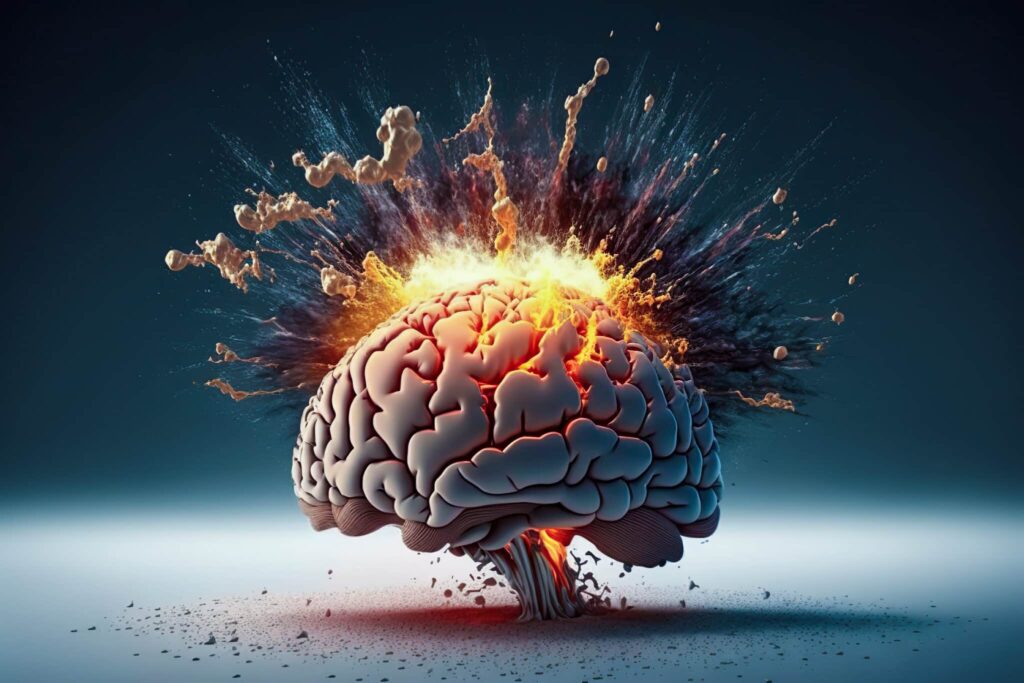
Structural Changes
Brain imaging studies, like those cited in PMC, suggest that heavy cannabis use may lead to reduced volume in the hippocampus and alterations in the prefrontal cortex. These changes are linked to memory and executive function deficits. However, it’s unclear whether cannabis directly causes these changes or if they reflect pre-existing differences in heavy users.
Reversibility
The reversibility of these effects varies. A small study cited by GoodRx found that brain function returned to normal two days after stopping use, while another review noted persistent issues in decision-making and planning three weeks post-use, especially in heavy users. For adolescents, recovery may be limited, particularly with prolonged use.
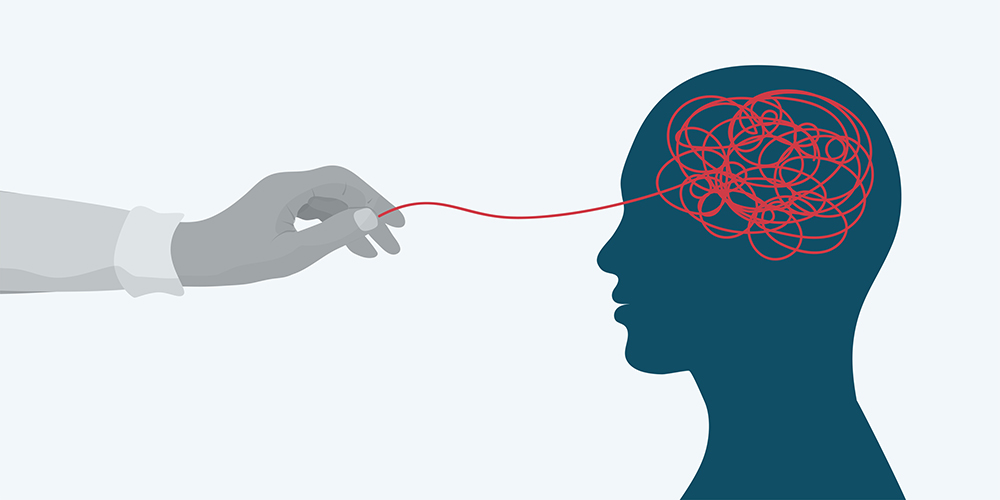
Mental Health Risks
Heavy cannabis use is linked to increased risks of substance use disorder, schizophrenia, depression, and anxiety, particularly in teens and young adults. The GoodRx article highlights that 1 in 10 adults and 1 in 6 teens who use cannabis develop cannabis use disorder, indicating a significant addiction risk.
Does Weed Kill Brain Cells?
The core question—does weed kill brain cells?—can be answered with a clear no. Unlike alcohol or certain drugs, which can directly cause neurotoxicity and cell death, marijuana does not kill brain cells in this way. However, it can significantly affect brain function. THC disrupts neurotransmitter release and reduces cellular energy (ATP) supply, which may contribute to cognitive impairments, as noted by the American Heart Association. These effects are particularly concerning for adolescents, whose developing brains are more vulnerable to disruptions in neural communication and development.
Synthetic Marijuana: A Greater Risk
While natural cannabis may not kill brain cells, synthetic marijuana (e.g., Spice, K2) is far more dangerous. These products bind to CB1 receptors with up to 100 times the potency of THC, leading to severe side effects like memory loss, seizures, psychosis, and even brain damage, according to Addiction Center. This distinction underscores the importance of using regulated, natural cannabis products.
Factors Influencing Marijuana’s Impact
The effects of marijuana on the brain vary based on several factors:
| Factor | Impact |
|---|---|
| Age of First Use | Use before age 25 increases risks due to ongoing brain development. |
| Frequency and Potency | Heavy use and high-THC strains amplify cognitive risks. |
| Concurrent Substances | Using alcohol or tobacco alongside cannabis may worsen effects. |
| Genetics and Environment | Individual factors like genetics or socioeconomic conditions may influence outcomes. |
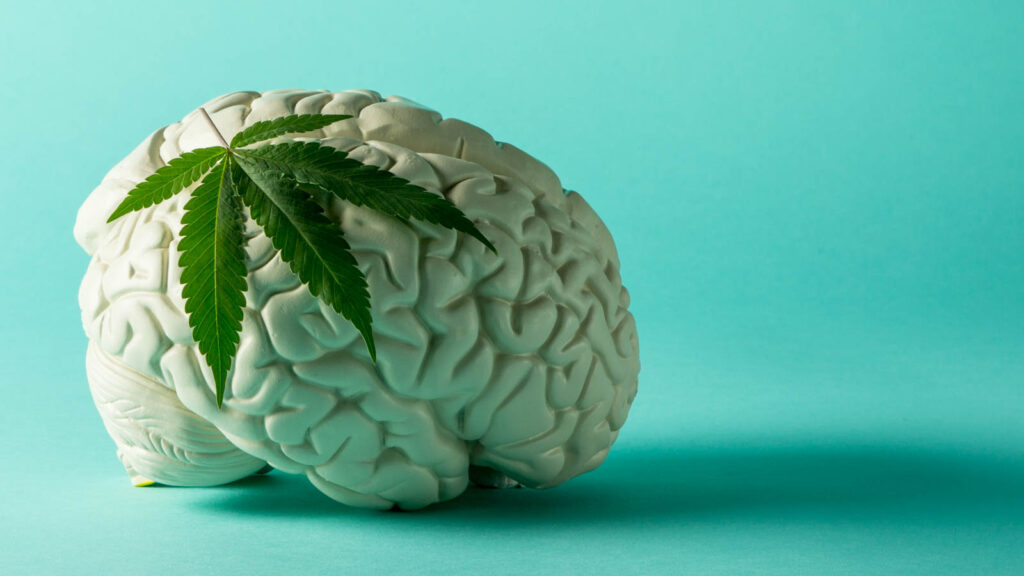
The CDC emphasizes that these factors complicate the assessment of cannabis’s long-term impact, highlighting the need for personalized caution.
Ongoing Research and Future Insights
The science of marijuana and the brain is still evolving. The Adolescent Brain Cognitive Development (ABCD) Study, tracking over 11,000 children into adulthood, aims to provide clearer answers about cannabis’s long-term effects (NIDA). Results, expected in the coming years, will shed light on how cannabis impacts brain development and cognitive function over time.
Practical Tips for Safe Use
To minimize potential risks to brain health:
- Delay Use: Avoid cannabis until your brain is fully developed (around age 25).
- Moderate Consumption: Limit frequency and opt for lower-THC products.
- Stay Informed: Check lab reports for THC potency and choose regulated products.
- Monitor Health: Consult a healthcare provider if you notice cognitive or mental health changes.
- Avoid Synthetics: Stick to natural cannabis to reduce risks of severe side effects.
Conclusion
The myth that cannabis kills brain cells is not entirely accurate, but it’s not without a kernel of truth. While marijuana does not directly destroy brain cells, it can significantly affect brain function and development, particularly in adolescents and heavy users.
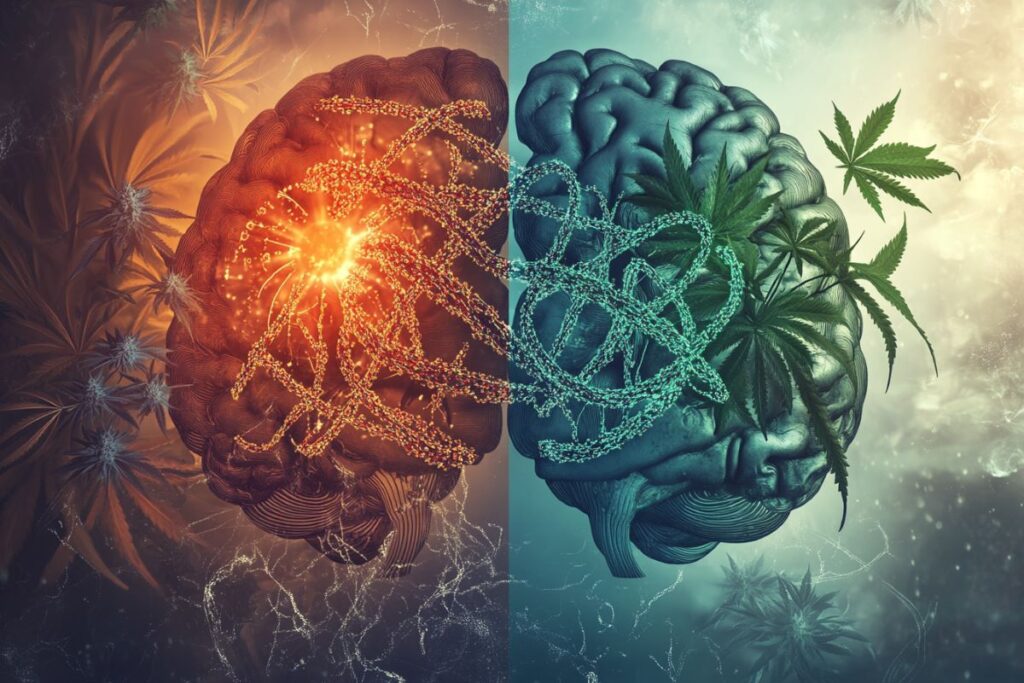
THC effects on the brain include short-term impairments like memory loss and long-term risks like cognitive deficits and structural changes, especially when use begins before age 25. However, some effects may be reversible, and the science is still unfolding. As cannabis becomes more accessible, approach its use with caution, prioritize moderation, and stay informed about ongoing research to protect your brain health.

